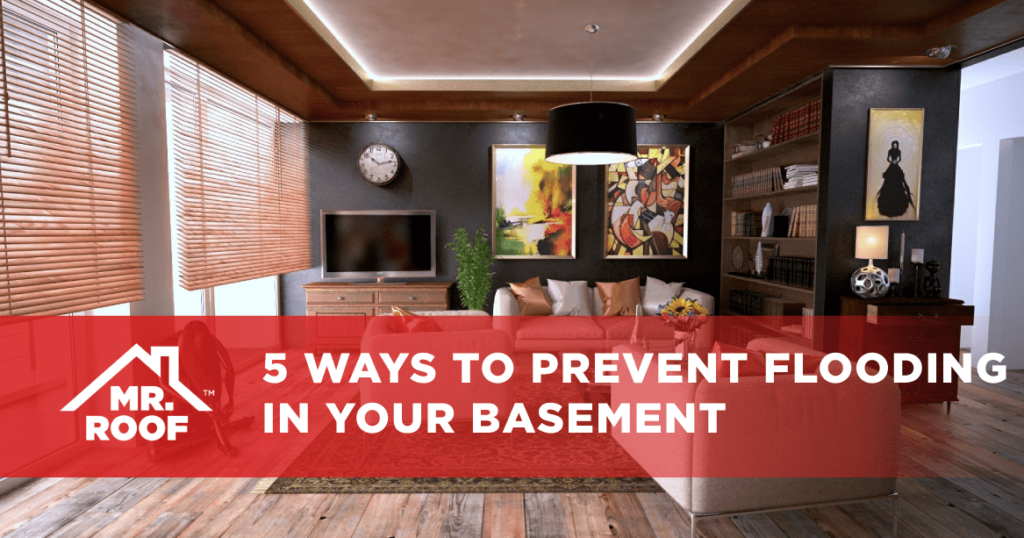Many different things can cause flooding in your basement, and it’s essential to recognize the signs of a flood so you can take action before there is too much water damage. Floods happen quickly and without warning, so knowing what to do when they strike is vital for both protecting your home and belongings as well as minimizing the length of time your family has to live with wet floors. By following these five tips, you can prevent flooding in your basement during a storm or from overflowing bathtubs and sinks.
- Invest in a sump pump
A sump pump is a vital piece of equipment for basement owners. It helps prevent flooding by removing excess water from the basement, and it can help you avoid costly water damage to your home and belongings. A sump pump is connected to an outdoor drainage system that diverts water away from the home. When it senses water, such as during heavy rain or snowmelt, the pump switches on and removes the excess water before it has a chance to seep into the rest of your basement. If you have a finished basement with lots of carpeting, furniture, and electronics, a sump pump is a much better investment than damage-prone alternatives like sandbags or flood gates. - Shovel snow off the roof so it won’t melt
When it snows, you need to shovel the snow off your roof so that it doesn’t melt and get into your basement. If you don’t do this, your basement will eventually flood. You should also have the gutters cleared and remove any snow that is blocking them if you live somewhere where it snows in the winter. - Check your gutters and downspouts each season
Make sure they’re draining correctly and aren’t clogged with plants or debris. By doing this, you can prevent flooding in your basement. If they’re blocked with debris or plants, then you will need them cleaned out. If they’re still not draining properly, then you need to have them replaced instead of just cleaning them out because the problem is most likely with their actual structure. - Create an effective slope around your property
You’ll prevent water from pooling around your home with the appropriate slope. If you have a professional install drainage tiles underneath the foundation of your house, they will divert the water to a safe place away from your house. Make sure that you have good drainage in your yard, particularly if it is sloped toward your home. If you don’t have good drainage, it’s easy for water to pool near your house when it rains or when the snow melts. - Have your heating system inspected
Do this, especially if you live in an area that frequently experiences heavy rainfalls and flooding-related events, such as hurricanes and Nor’easters.
If you need assistance to act quickly in the event that your basement starts to flood, then contact a local professional at Mr. Roof who can help you assess your situation and provide solutions to divert water away from your home and prevent basement flooding.









